Durga Khote
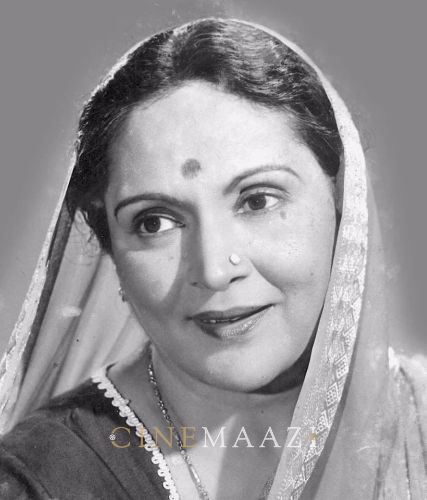
Subscribe to read full article
This section is for paid subscribers only. Our subscription is only $37/- for one full year.
You get unlimited access to all paid section and features on the website with this subscription.
Not ready for a full subscription?
You can access this article for $2 , and have it saved to your account for one year.
- Born: 14 January 1905 (Bombay)
- Died: 22 September 1991 (Bombay)
- Primary Cinema: Hindi
- Parents: Pandurang Shamrao Laud, Manjulabai
- Spouse: Vishwanath Khote
- Children: Bakul Khote, Harin Khote
- Grand Children: Deven Khote , Anjali Khote , Ravi Khote
An acclaimed leading lady of her time, Durga Khote remained active in Hindi and Marathi cinema for more than 50 years. She was also instrumental in facilitating the entry of people from elite and middle-class families into the previously maligned world of cinema.
Durga Khote was born as Vita Laud in Bombay on 14 January 1905 to a well-reputed family. She did her schooling and college in Bombay. Though she was married to Vishwanath Khote during her B.A., she continued her education.
Durga Khote’s entry into films was completely by chance. J.B.H Wadia, a friend of her sister’s, approached her sister (Shalini) for a part in a movie that Mohan Bhavnani was making. The character was to feature with the main female protagonist in the climax of the film. Shalini refused but recommended her sister’s name. Vita Laud, recently widowed and ready to try anything new, accepted the role. Durga Khote thus made her debut in the film Trapped/ Farebi Jaal (1931). A disaster at the box office, the film caused a major public backlash.
Fortunately, V. Shantaram, then with Prabhat Studios, liked her performance and offered her the role of Taramati in Ayodhyecha Raja (1932). This proved to be a golden opportunity for Durga Khote, and she started off a memorable career. Through the 1930s, she acted in many movies such as Sairandhri (1933) and Amar Jyoti (1936). In 1941 she made the switch to character roles, accepting the role of the evil mother-in-law in the Hindi-Marathi bilingual Charnon ki Dasi. She won great acclaim for the role, and went on to play any role she took on to the best of her considerable abilities. Her robust personality shone through in each of these roles. The next few decades saw her appear onscreen in movies like Mughal-e-Azam (1960), Love in Simla (1960), Anand (1970), Abhimaan (1973) and Karz (1980).
Gravitating towards the stage, she joined the Marathi Sahitya Sangh, an organization that sponsored and produced plays in 1950. Branching out into acting, producing and directing plays, she also started her own production house, Durga Khote Productions and produced many short films, advertisements and documentaries under this banner.
Awarded the Padma Shri in 1968 and Dada Saheb Phalke Award in 1983, she died at the age of 86 on 22 September, 1991.
-
Filmography (159)
SortRole
-
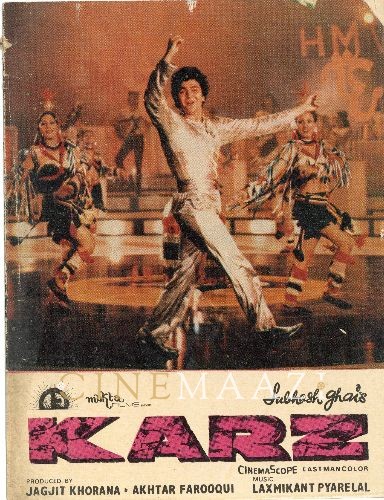
Karz 1980
-
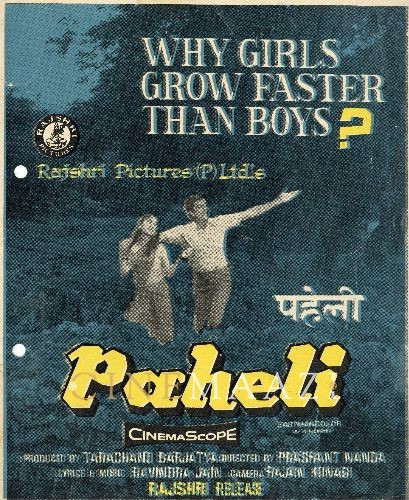
Paheli 1977
-
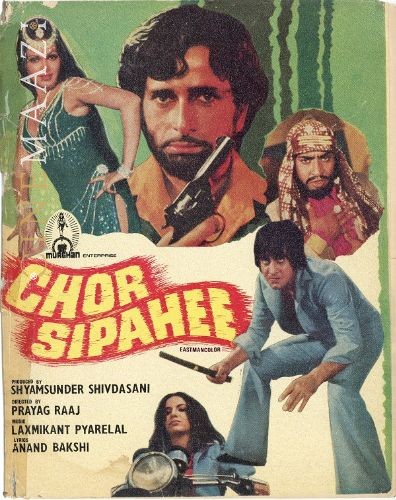
Chor Sipahee 1977
-
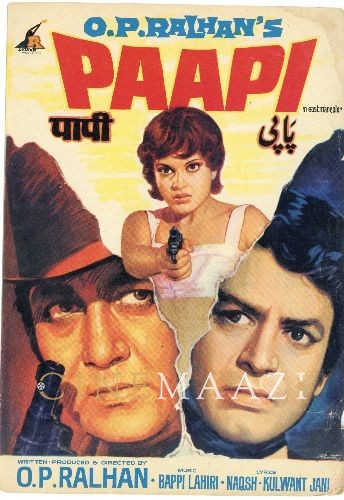
Paapi 1977
-
Naami Chor 1977
-
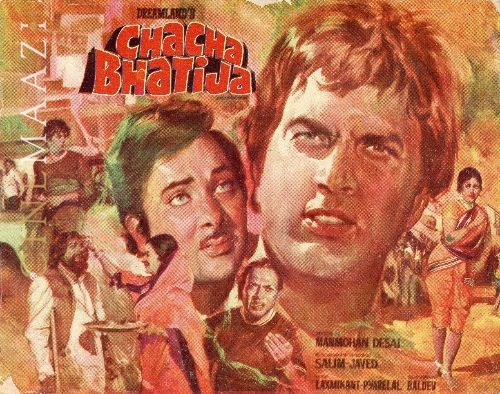
Chacha Bhatija 1977
-
Darling Darling 1977
-
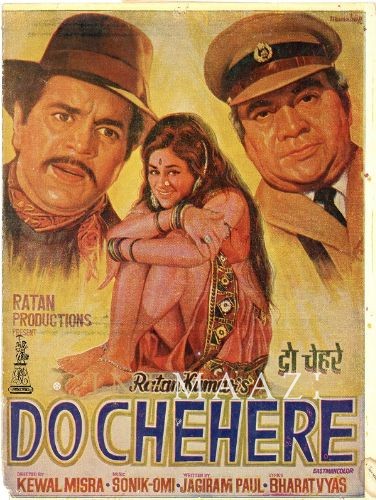
Do Chehere 1977
-
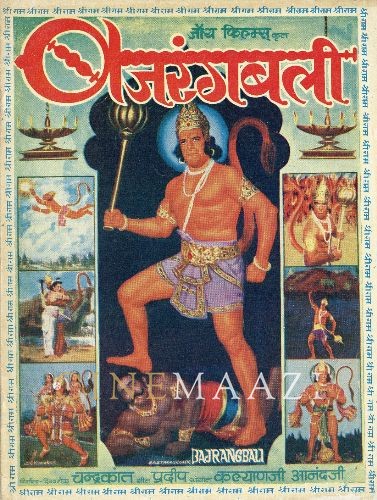
Bajrang Bali 1976
-
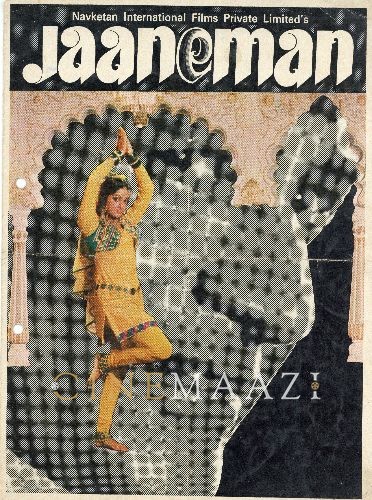
Jaaneman 1976
-
Rangeelaa Ratan 1976
-
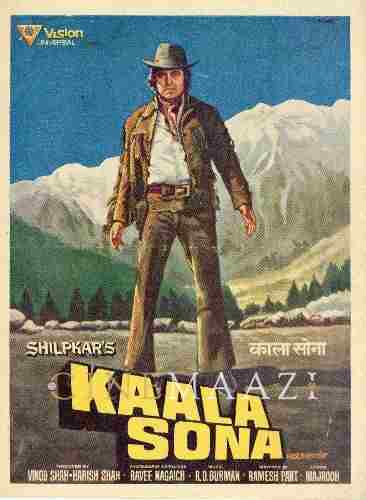
Kaala Sona 1975
-




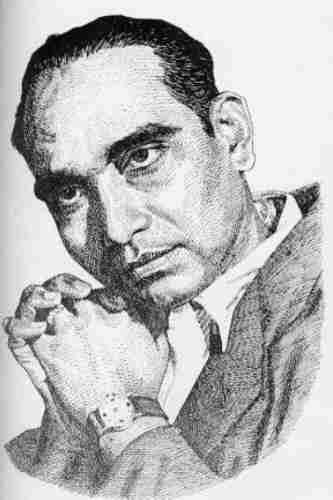




.jpg)



